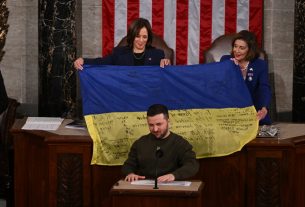The Vietnamese government has initiated legal action against lawyer Tran Dinh Trien, accusing him of jeopardizing state interests through online criticism of the judiciary. Scheduled for trial on January 9, 2024, at the People’s Court of Hanoi, Tran faces charges under Article 331 of the Vietnamese Penal Code, which could lead to a prison sentence of up to seven years. The charges stem from three Facebook posts he made between April and May 2024, where he criticized actions by then-Supreme Court Chief Justice Nguyen Hoa Binh. The government claims Tran’s statements were false and intended to damage the chief justice’s reputation.
Tran’s posts highlighted concerns over the transparency and fairness of Vietnam’s judicial system, including the exclusion of family members from trials and the restrictions on media coverage. These criticisms underscore ongoing issues within the judicial process, such as a lack of public scrutiny and oversight, which are critical to maintaining trust in legal institutions.
This case forms part of a wider pattern of increasing repression of free expression in Vietnam, particularly aimed at legal professionals, journalists, and activists. The government has frequently used Article 331 to silence dissent, leading to the prosecution of many individuals for simply expressing their opinions about government policies or actions. In 2024 alone, at least 24 individuals were convicted under this law, raising concerns about the growing criminalization of criticism.
Human rights organizations, including the United Nations, Human Rights Watch, and Amnesty International, have condemned the prosecution of Tran and others like him, emphasizing that such actions violate international human rights standards. These groups argue that lawyers and journalists should be able to engage in public discourse without fear of retaliation or imprisonment.
As Tran’s trial approaches, international attention is focused on the potential impact of this case on the future of legal advocacy and civil liberties in Vietnam. The outcome could have far-reaching consequences for freedom of expression, as well as the independence and transparency of the country’s legal system.
Image by StartupStockPhotos from Pixabay



